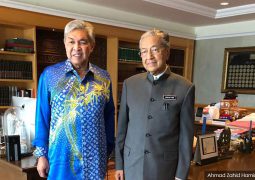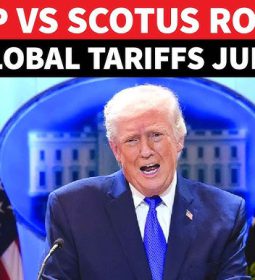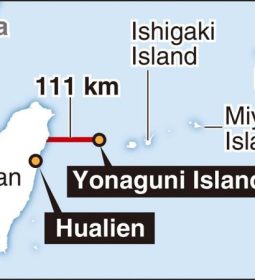Major China travel agencies halt Japan trip sales amid Japan’s pledge to defend Taiwan
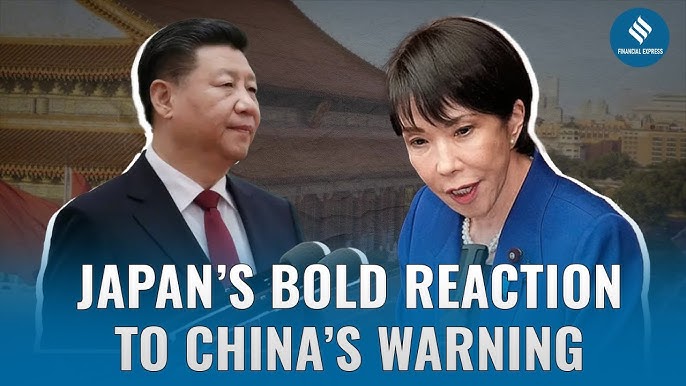

BEIJING – Several major Chinese travel agencies have halted sales of Japan-bound trips, industry sources said Monday, after the Chinese government urged its citizens not to visit the neighboring country last week amid an escalating diplomatic row over Taiwan.
Some hotels in Japan have begun seeing cancellations, while the impact of the call has also spread to the entertainment industry, with releases of Japanese films in China postponed.
Chinese tourists account for a large share of foreign visitors to Japan. The recent sharp deterioration of bilateral ties was triggered by Japanese Prime Minister Sanae Takaichi’s recent remarks on Japan’s potential response to a contingency in Taiwan.
A major state-run travel agency based in Beijing said it stopped arranging personal and group tours to Japan from Sunday, citing “the current situation faced by the two countries.”
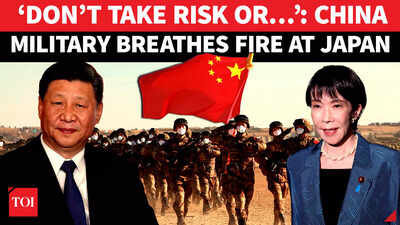
The agency also said it had halted visa application services and will refund customers who had already purchased Japan travel packages at no cost. Its website did not show any related items when keywords such as “Japan” and “Tokyo” were searched.
A private tourism company in the capital said it has stopped receiving new customers for Japan-bound trips.

Between January and September this year, about 31.65 million foreigners visited Japan, with roughly 7.49 million of them from China, up 42.7 percent from the previous year and the most by country or region. In 2024, around 6.98 million Chinese traveled to Japan, according to Japanese government data.
A day after the travel alert was issued on Friday, major Chinese airlines said they will allow passengers to cancel or change Japan-bound flights free of charge.

In issuing the warning, China’s Foreign Ministry said “provocative” comments by Japan’s leader have caused “the atmosphere surrounding people-to-people exchanges to deteriorate severely, posing significant risks to the safety of Chinese people” in Japan.
Chinese Foreign Ministry spokeswoman Mao Ning defended the travel alert as “completely reasonable,” saying at a press conference on Monday that there have been “some extreme and threatening remarks against China” from Japanese right-wingers and on the internet.
Some Chinese people who feel an affinity for Japan were upset by the alert, questioning the government’s assessment of public safety in the neighboring country.
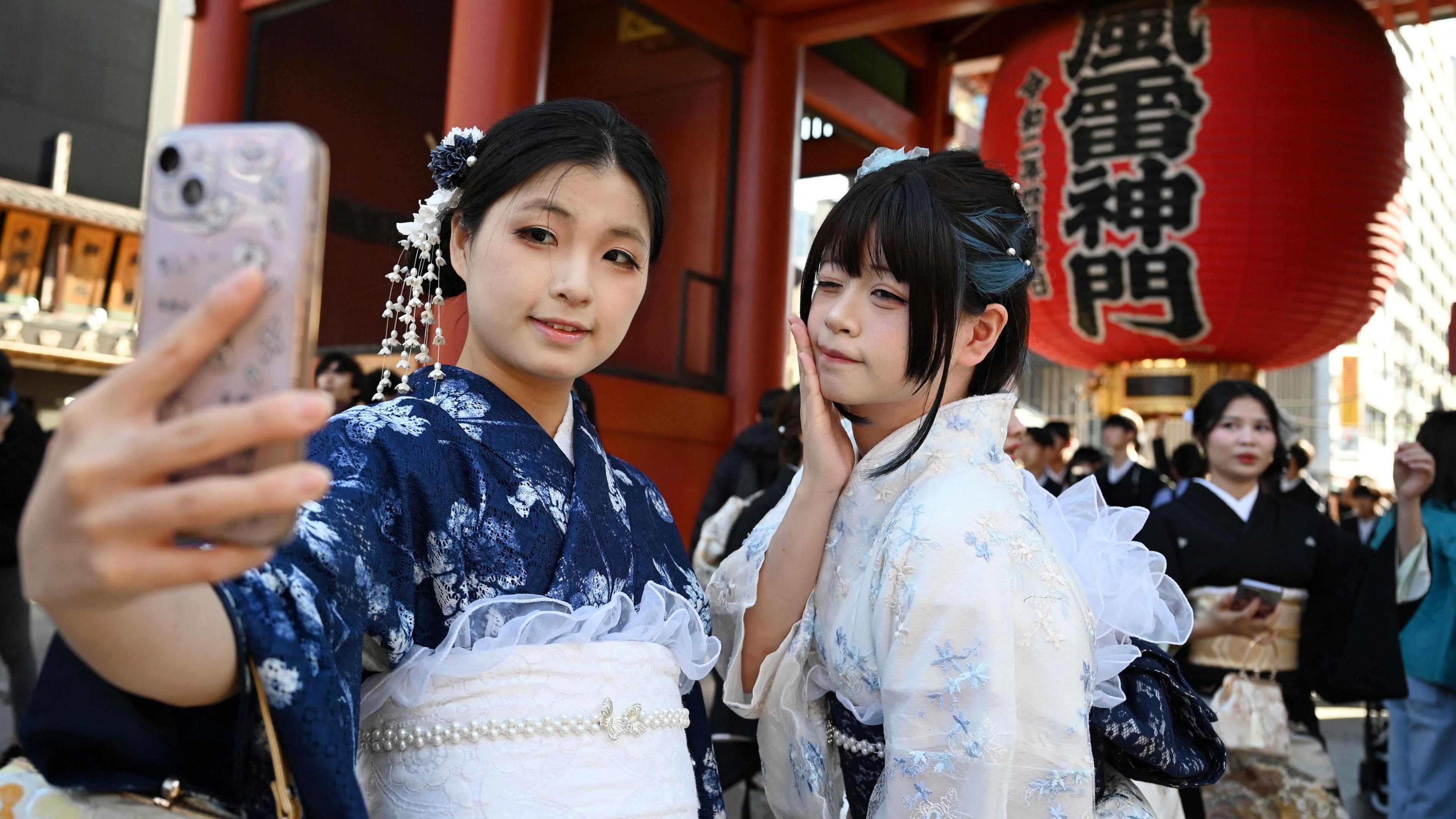
Over the weekend, long lines formed at airline counters at a Beijing airport as many people prepared to depart for Japan.
A Chinese man who looked forward to a fishing trip said, “I made plans to travel to Japan half a year ago and cannot change them” at the last minute.
Another traveler, a man in his 40s who works for a technology company, dismissed the travel warning, saying he believes Japan is “very safe.” A Chinese woman in her 50s who lives in Japan said, “I don’t care about the government recommendation.”

Some in the Japanese tourism industry expressed wariness that the actions could lead to a drop in profits, with some hotels already reporting cancellations from Chinese customers.
Imperial Hotel Ltd. said it had received cancellations or postponements by some Chinese companies that had reserved rooms or parties, but that it has yet to see any blowback from individual reservations.
“The effects have been limited as the breakdown of customers by country is spread out, although we will continue to monitor the situation closely,” an official from the hotel franchise said.
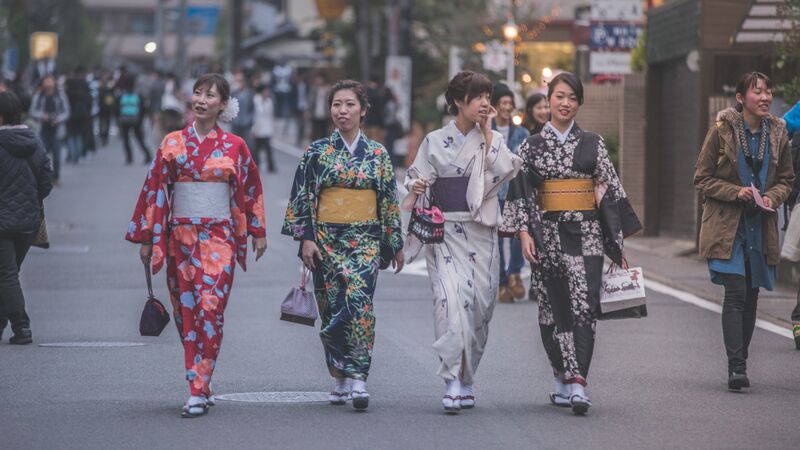
Colowide Co., which runs a wide range of Japanese-style pubs and restaurants, expressed concern about the developments, saying, “We could be affected if the travel restrictions are thoroughly enforced.”
While the move left some skittish, an official from major cosmetics maker Kose Corp. noted, “Compared to when shopping sprees were common among Chinese customers, the percentage of sales is not as large as it used to be.”
For Chinese travelers, Japan is one of the most popular overseas destinations alongside such countries as South Korea, Thailand and Malaysia.
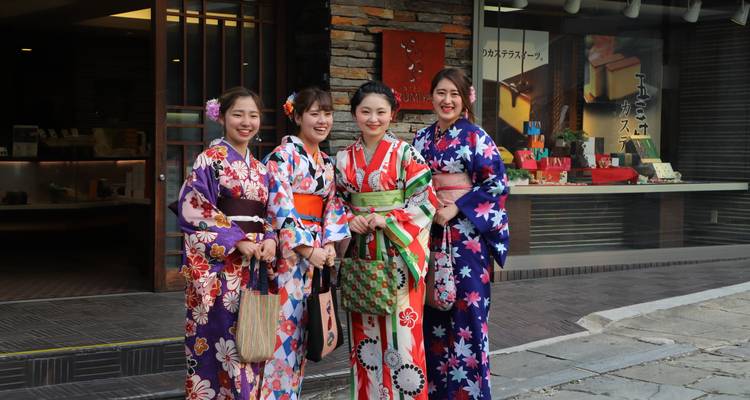
In the July-September period, consumption by Chinese tourists in Japan amounted to some 590 billion yen ($3.8 billion), the highest figure by country or region, Japan Tourism Agency data showed.
Meanwhile, Chinese media reported Monday the postponement of releases of two Japanese movies in China that were originally scheduled for later this week and early next month.
The two films are “Cells at Work!” and the latest in the “Crayon Shinchan” anime series. Their new screening dates remain undecided.
- Previous Spat with China helps keep Takaichi Cabinet approval rating at 69%
- Next Gustavo Petro says no to US F-35: Columbia to get 17 Grippens for $4.3 bn



